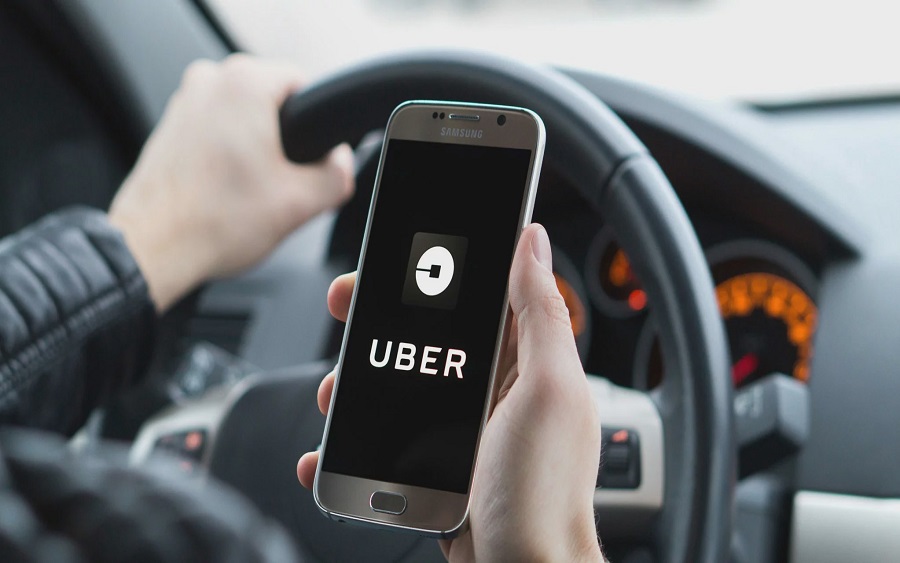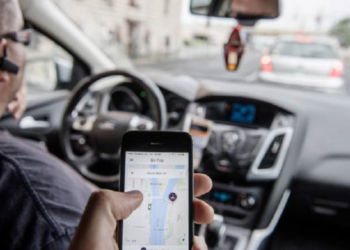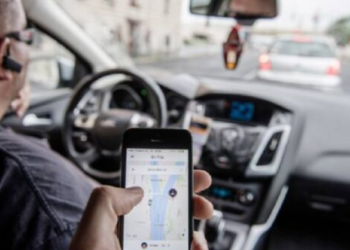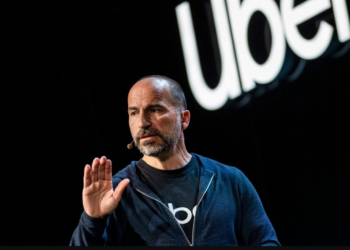The UK’s Supreme Court has ruled that the ride-hailing app firm Uber must classify its drivers as workers rather than self-employed.
Delivering his judgment, Lord Leggatt said that the Supreme Court unanimously dismissed Uber’s appeal that it was an intermediary party and stated that drivers should be considered to be working not only when driving a passenger, but whenever logged in to the app.
By this pronouncement and ruling by the Supreme Court, the ride-hailing app firm, Uber must classify its drivers as workers rather than self-employed, BBC reports.
What they are saying
The former Uber drivers, James Farrar and Yaseen Aslam, who originally won an employment tribunal against the ride-hailing giant in October 2016, told the BBC they were “thrilled and relieved” by the ruling.
Aslam, president of the App Drivers & Couriers Union (ADCU) said,
- “I think it’s a massive achievement in a way that we were able to stand up against a giant.
- “We didn’t give up and we were consistent – no matter what we went through emotionally or physically or financially, we stood our ground.
- “This is a win-win-win for drivers, passengers and cities. It means Uber now has the correct economic incentives not to oversupply the market with too many vehicles and too many drivers”
Aslam claims that Uber’s practices forced him to leave the trade as he couldn’t make ends meet is reconsidering his decision as he returns to driving for the app again, though the process is taking too long.
“It took us six years to establish what we should have got in 2015. Someone somewhere, in the government or the regulator, massively let down these workers, many of whom are in a precarious position”
Farrar, on his own part, highlighted that with fares down 80% due to the pandemic, many drivers have been struggling financially and feel trapped in Uber’s system.
- “We’re seeing many of our members earning £30 gross a day right now. The self-employment grants issued by the government only cover 80% of a driver’s profits, which isn’t even enough to pay for their costs.
- “If we had these rights today, those drivers could at least earn a minimum wage to live on.”
What you should know
- By this decision, tens of thousands of Uber drivers are set to be entitled to minimum wage and holiday pay.
- The proximate implication of this ruling is that Uber could be facing a hefty compensation bill and have wider consequences for the gig economy.
- The gig economy is based on flexible, temporary, or freelance jobs, often involving connecting with clients or customers through an online platform.
- In a long-running legal battle, Uber had appealed to the Supreme Court after losing three earlier rounds.
- The Supreme Court’s ruling that Uber has to consider its drivers “workers” from the time they log on to the app, until they log off is seen as a key point.
Uber drivers typically spend time waiting for people to book rides on the app. Previously, the firm had said that if drivers were found to be workers, then it would only count the time during journeys when a passenger is in the car.





















